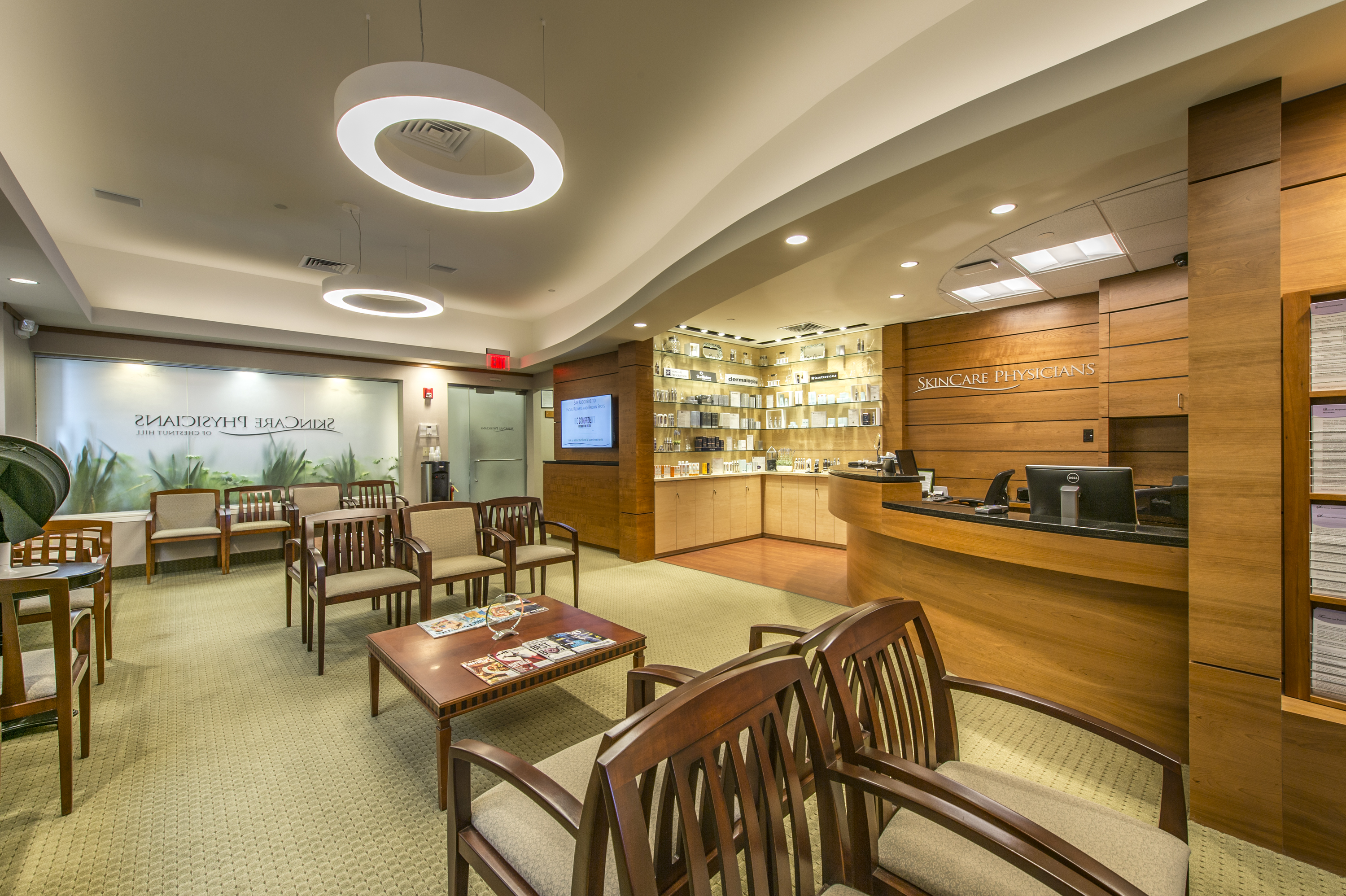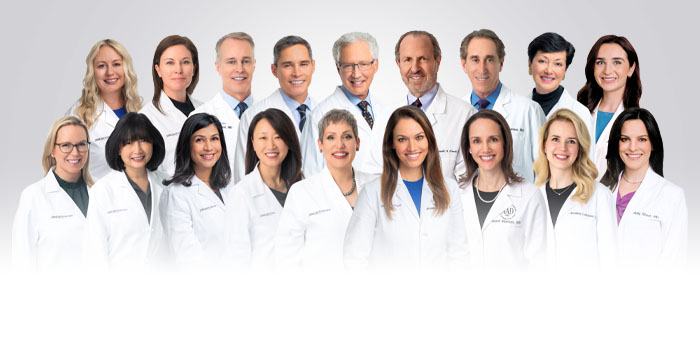- Home
- Blog
- Skin Care
- Your skin during pregnancy: a guide to all the lumps and bumps other than your belly
Your skin during pregnancy: a guide to all the lumps and bumps other than your belly
 Congratulations, mommy-to-be! You most likely have stacks of books at your bedside describing the fascinating changes your body will undergo on this 40-week journey. Yet few will offer details about some of the most glaringly obvious changes that will face you in the mirror: on your skin! Pregnancy-related hormone changes can induce new bumps and spots to appear on your skin, or may also alter pre-existing skin conditions. Use the following guide to help decipher these changes and learn how to treat and prevent them.
Congratulations, mommy-to-be! You most likely have stacks of books at your bedside describing the fascinating changes your body will undergo on this 40-week journey. Yet few will offer details about some of the most glaringly obvious changes that will face you in the mirror: on your skin! Pregnancy-related hormone changes can induce new bumps and spots to appear on your skin, or may also alter pre-existing skin conditions. Use the following guide to help decipher these changes and learn how to treat and prevent them.
Acne
Some women find their acne actually improves during pregnancy. If you are among the unluckier women who were prone to breakouts before your menstrual cycle pre- pregnancy, then you may find that your acne will worsen as pregnancy related hormones cause your sebaceous glands to secrete more oil. Many prescription acne medications are unsafe during pregnancy, but there are some strategies that may help you fend off these breakouts.
Doctor’s Orders: Use gentle soapless cleansers, such as Cetaphil Cleanser, twice daily, and resist the urge to scrub or use astringents frequently. These will merely irritate your sensitive skin. Use non-comedogenic facial moisturizers if needed, such as Neutrogena facial moisturizers. If your inflammatory acne persists, your dermatologist can prescribe topical medications that may be safely used during pregnancy.
Melasma
Almost 70% of pregnant women experience the “mask of pregnancy”, or melasma, which appears as mottled brown pigmentation on the forehead, cheeks, and upper lip. Elevated levels of estrogen, progesterone and melanocyte stimulating hormone during pregnancy work together to produce this increased pigment in response to sun exposure. Melasma often subsides after delivery, but in some cases can be persistent.
Doctor’s Orders: Ultraviolet light exposure worsens melasma. Use a broad-spectrum, high-spf sunscreen, such as Aveeno Positively Radiant spf 30 Daily Moisturizer. Applying this on a daily basis, even on cloudy or wintery days, may prevent or lessen this pigmentation. Your dermatologist may prescribe a combination of tretinoin, hydroquinone and topical steroids to treat persistent post-partum melasma.
Itchiness and Rashes
As your belly and breasts enlarge during the second and third trimester, your skin may become itchier. Pregnancy-related hormones may also trigger increased sweating, which can cause heat rash or irritation in the skin creases. You may notice small, itchy bumps around the hair follicles on your upper arms: this benign condition, called keratosis pilaris (KP), is often worsened or triggered during pregnancy. Rarely, women in their third trimester can develop an itchy, hive-like rash on their abdomen. Called pruritic, urticarial papules and plaques of pregnancy (or PUPPP), this rash can produce maddening itching for women in late pregnancy.
Doctor’s Orders: Hydrate your skin at every opportunity, particularly immediately after your shower. Cerave Lotion is particularly good at restoring your skin’s barrier function, and Am-Lactin Cream (which may be ordered by your pharmacist) can work wonders at smoothing KP. Speaking of showers: use the least amount of soap possible! Even so-called moisturizing bars can prove irritating. If your itching persists, contact your dermatologist, who may prescribe anti-inflammatory lotions or creams that are safe during pregnancy.
Stretch Marks
These dreaded pink, red, or brown depressed streaks can appear on your belly, buttocks, thighs, hips and breasts. The straight truth is that there is no way to prevent stretch marks during pregnancy. If you are genetically predisposed to develop them, they will appear.
Doctor’s Orders: Enjoy your pregnancy and motherhood. We know of no treatments that are medically proven to diminish stretch marks. If your stretching skin is itchy, then by all means apply an emollient. Rest assured that most stretch marks fade into faint, silvery lines post-partum. After delivery, your dermatologist may be able to treat resistant marks with tretinoin cream or a pulsed dye laser.
Hair Loss
Your hair, which grew so lush and thick during pregnancy, is now falling out! You have a lovely 3 month-old infant at home, but are despairing at your hair shedding, which is called telogen effluvium. The hormonal changes of pregnancy and delivery trigger a shift of your growing hairs into the resting, or telogen, phase. 1-3 months later, these hairs are normally shed.
Doctors Orders: Never fear! Your hairs are normal, they are simply resting. After they have shed, they will most likely go back into their normal growth phase and will regrow. In the unlikely event that your hair loss persists beyond 6 months, a dermatologist may be able to evaluate and treat other causes of hair shedding.
Changing Moles
Pregnancy-related hormones can cause skin darkening, particularly along the linea nigra, the areola, and any freckles. Occasionally, moles will also enlarge and change with pregnancy. Although most of these changing moles will be benign, they should be evaluated by a dermatologist to ensure that they have not evolved into melanoma, a dangerous and potentially deadly form of skin cancer among young women.
Doctor’s Orders: Any changing mole during pregnancy should be evaluated by your dermatologist to be certain that it is benign. Some enlarging moles that become irritated along the neck or under the arms can be easily removed in your dermatologist’s office to help you feel more comfortable as your pregnancy progresses.




Leave a Reply